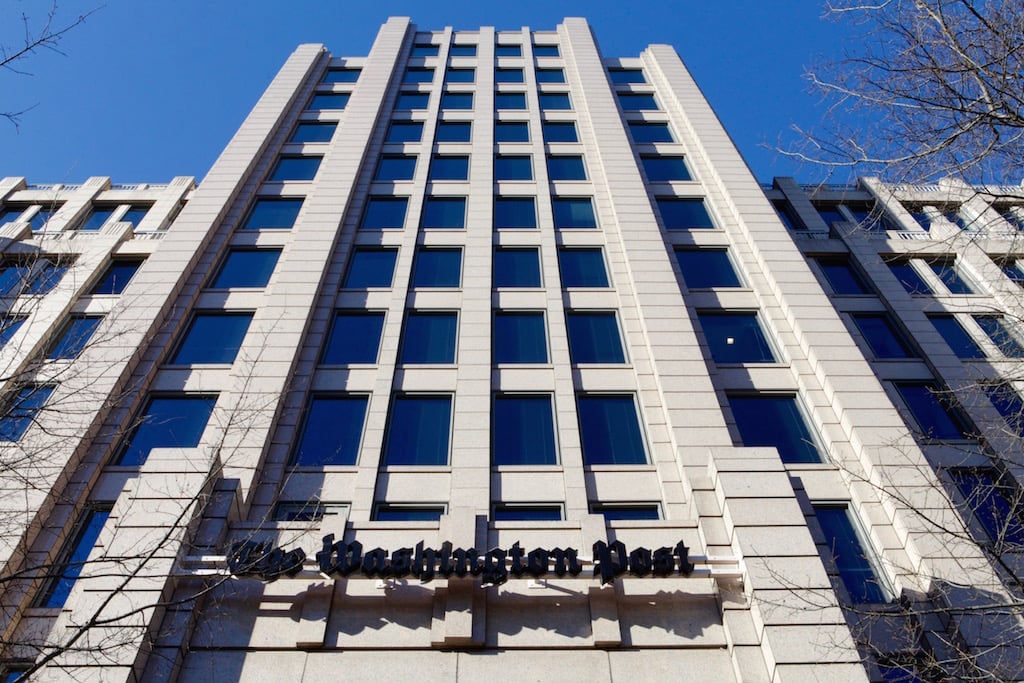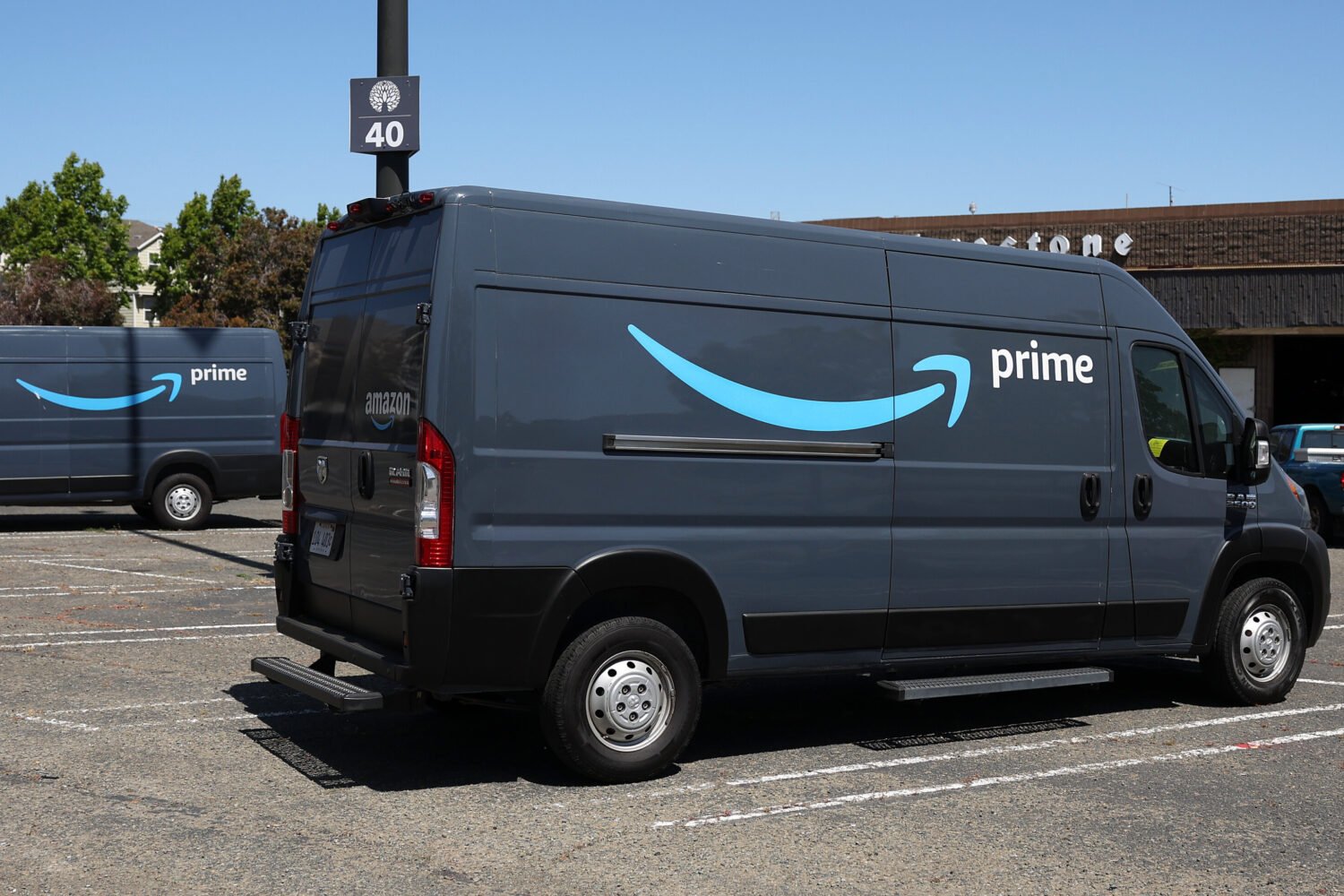Amazon recently announced its most exciting new product in quite some time, and though it won’t be finished for several years, people are already clamoring to acquire it. No, it isn’t a shiny new electronic device or innovative streaming platform. It’s a building: Amazon’s second headquarters, which will bring 50,000 new jobs and a major cachet upgrade to whichever city wins CEO Jeff Bezos’s approval.
When the company announced in September that it was seeking a location for the new corporate campus, the reaction was intense, with city officials and civic boosters around the country competing for Amazon’s affections. The winner won’t be announced until next year, and pundits have pointed to Boston and Denver as likely contenders, but there are lots of reasons to think Washington has an excellent shot.
Amazon has listed a bunch of specific requirements, most of which our area meets. Access to an airport with direct service to Seattle? We have three! Employee-friendly public transit? The expanding Metro—including Maryland’s back-on-track Purple Line light rail—and Capital Bikeshare fit the bill. Though most people think of Washington as a government town, the local economy is broader and more supportive of tech companies than it often gets credit for. Ours is one of the top destinations for venture capital in the United States, with an estimated 90 venture-capital firms operating here. In 2016, the region attracted nearly $1.1 billion in funding. Washington also has the kind of digital-savvy labor force that Amazon says it’s looking for. Both diverse and affluent, the region is one of a handful of metropolitan areas in the country that export tech workers. Between 2011 and 2015, local universities graduated 16,000 more people with tech degrees than the number of related jobs the area added, and many of those students simply go elsewhere.
Oh, and one more thing: Bezos already lives here. Four years after he bought the Washington Post in 2013, the CEO purchased a $23-million mansion on S Street, Northwest, the largest house in the District. (He also owns a 29,000-square-foot home in Seattle.) Is one of the country’s richest men really going to commute from Kalorama to Pittsburgh?
Let’s just assume, for the sake of argument, that the decision is already made: Amazon is coming to Washington. That’s when things get interesting. Luring Bezos’s business is just the beginning. The real question is how Amazon—and other large companies that want to come here—can be a genuine asset to the community rather than just adding cars to the Beltway and sweaty bodies to the Metro.
The biggest decision, and the one with the most impact, is where the new office will actually be. According to a study by urban researcher William Whyte that looked at corporations relocating from New York City in the 1960s and ’70s, one predictor of where a company moved to wasn’t tax rates or high-quality public transit but how convenient the location was for (surprise!) the boss. That isn’t just annoying for workers—it can create a vicious cycle. Corporate executives tend to live in posh areas (Chevy Chase, Potomac, McLean), and their headquarters are thus often nearby (Bethesda, Tysons, Reston). In turn, other executives and companies cluster around them, and local governments lavish these places with infrastructure improvements, fancy public schools, and other advantages.
This creates what Brookings Institution senior fellow Christopher Leinberger calls the “favored quarter,” a sort of wedge extending outward from a city’s downtown. In Washington, those pie slices run northwest of Rock Creek Park in DC and Maryland and south toward Route 50 in Virginia. The result is that lower-level workers, priced out of housing near their office, commute long distances from outside the favored quarter, and as money and resources continue to flow to those wealthiest areas, the region becomes ever more stratified and congested.
Amazon has a chance to break that pattern by opting for a less expected location, somewhere well outside the region’s familiar wealth clusters. Maybe the company could look at Poplar Point, where DC has 130 acres ready for development along the banks of the Anacostia River, or the Discovery District in College Park, where Amazon could hoover up computer-science and STEM grads from the University of Maryland. There’s also Crystal City, which remains underutilized after the military relocated thousands of jobs more than a decade ago. All three of those sites are within walking distance of one or more Metro lines, adjacent to major highways, and within easy reach of at least one airport, all of which Amazon has said it requires. What’s more, they all have either the open land or the existing office space to accommodate Amazon’s needs.
Bezos’s history in Seattle suggests he’d be amenable to a less obvious location. Seven years ago, the company moved to a new building in South Lake Union, a postindustrial area at the edge of downtown that it subsequently developed into one of the city’s most sought-after destinations. Amazon’s website boasts that 15 percent of its employees live in the same Zip code as their campus, and 20 percent walk to work.
Of course, Amazon might—for some crazy reason—decide to go with a different city than ours. But its way of thinking about corporate real estate would be useful for any company considering such a move. Imagine what could happen if a big firm settled east of the Anacostia or in Prince George’s County. It would be an obvious economic boon for the surrounding communities, which for so long have largely been shut out of the region’s prosperity. It could also be good for lower-level workers. Instead of suffering under sky-high housing costs, they’d have a choice of neighborhoods where home prices would seem practically Midwestern. For employees who opted to live in other areas, the commute would be significantly smoother because they’d be traveling against the rush-hour flow.
This is a long shot. Most of the big companies that have relocated to this area in recent years have taken a low-risk path toward more affluent areas: Choice Hotels in Rockville, Hilton in Tysons, Northrop Grumman in Falls Church. But Amazon is both enormous and dedicated to doing things differently, so it doesn’t necessarily need the convenience and safety favored by more risk-averse businesses. Amazon has the power to create its own surrounding community wherever it chooses to go.
Sure, Bezos picking Anacostia might seem far-fetched. But 20 years ago, nobody imagined we’d one day buy pet food on the internet from the same business that produces Emmy-winning TV shows. So let’s hope the CEO has the vision to bring his new headquarters to Washington—and the courage to make a bold choice about which part of our city to transform.
This article appears in the November 2017 issue of Washingtonian.



















